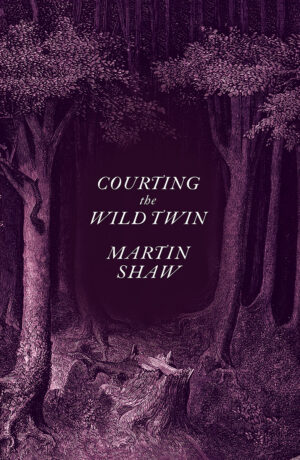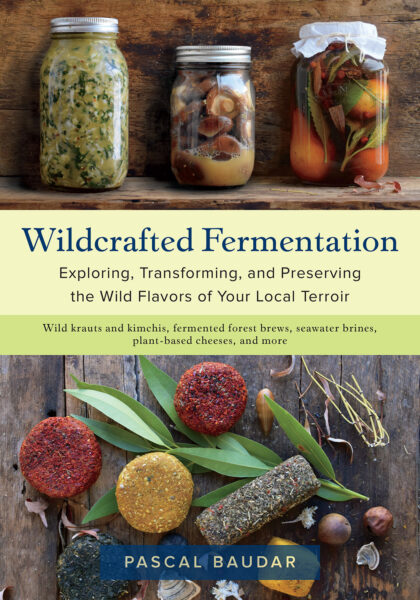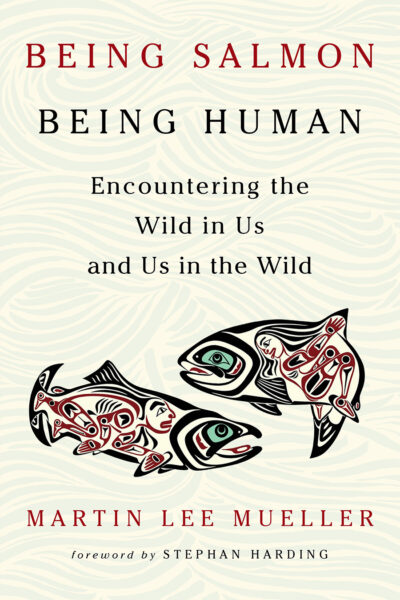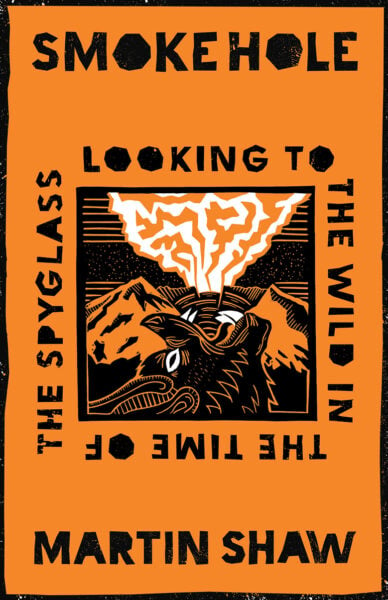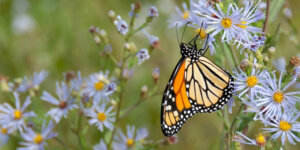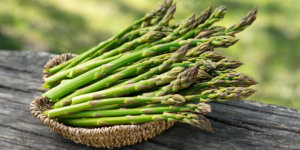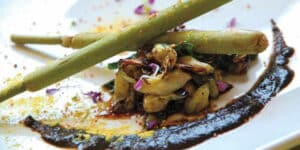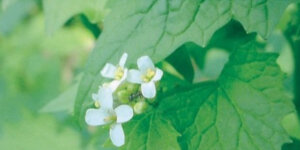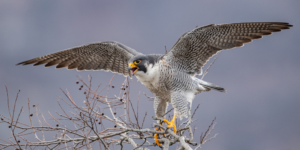The Condition of Wondering
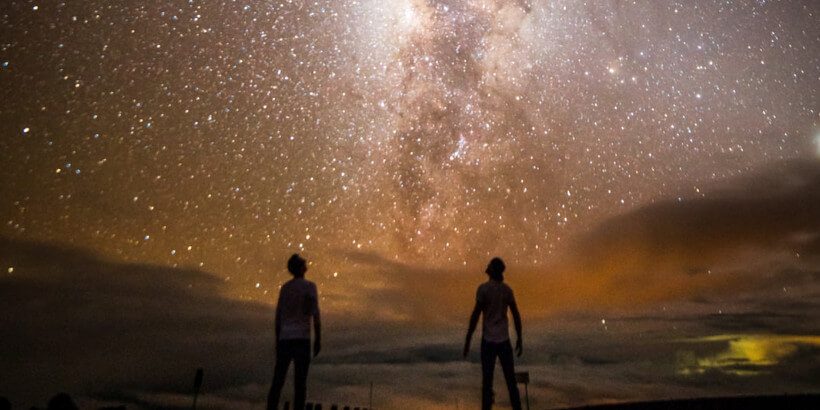
What is the condition of wondering? For as long as humans have been alive, we have been asking questions. It is a part of us. It is what makes us unquestionably human.
The following is an excerpt from Courting the Wild Twin by Martin Shaw. It has been adapted for the web.
Prefer Audio?
Listen to the following excerpt from the audiobook of Courting the Wild Twin.It has been adapted for the web.
The business of stories is not enchantment.
The business of stories is not escape.
The business of stories is waking up.
Imagine, if you will, looking up into the dark and naming a star. You could be crouching in the moonlight outside a Dordogne cave, or peering up from a balcony in west London in the middle of a party as the music pumps, pumps, pumps. But for some reason we commit to gazing. And something happens when we, maybe rashly, give ourselves utterly to the turbulent luminosity of the universe. We start to gabble in love speech.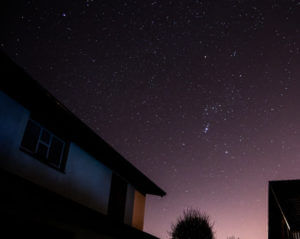
So there you are, looking at the star.
You could call it something like:
Flint of Whale Bone
Dream Coin of the Moon
Pale Rivet of the Sun’s Own Spear
White Bridle of the Black Riders
This condition of wondering is still absolutely intact in us. It is. Amongst the loaded shopping trolleys of Walmart and Tesco, the fluorescent tech hubs, flicker-screens and finger-beckoning apps, it’s still there. This raw, imaginative, holy thing.
There’s an audacity to it, but it’s what we’ve always done. We did it on the plains of South Dakota, we did it in the muddied byres of Shropshire, we did it on the vampiric tips of snowy Carpathian Mountains. And here’s the thing: we did it to claim not ownership but connection. There’s a swoon in this, a bearing witness, a startled affection growing to an awe. There is no flag planting, no home improvement planned, just giddy, magical naming. And maybe the star just named itself and used us to do it. Maybe it spoke through us for a moment. There’s a health to this.
Much has been written about the human impulse to daub its spray on every living thing, to bellow the decree of its franchise, but what happens when the earth itself gives a little pushback? When it’s not us lacing a brocade of dominion-speak into a voidal dark, but that actually the words themselves may be the return journey of longing from the thing itself. That there’s a scrummage of inspiration that is not only human. This is a reality that has been articulated from Amazonia to Renaissance Italy, from the Yakut to the Aborigine. That words can have fur and light in them. Words can constrict, words can liberate.
Bad storytellers make spells.
Great storytellers break them.
This, now, is mostly an era of spell-making. Of tacit enchantment, of stultified imaginations and loins inflamed by so much factory-fodder lust, our relationships malfunction in their millions. We are on the island of the Lotus Eaters, curled up in the warm sleepy breeze of a Russian fairy tale as the robber steals away the Firebird. How do we wake up?
 I will give you a little plot-spoiler right here. Sounds so very deceptively simple. The secret is relatedness.
I will give you a little plot-spoiler right here. Sounds so very deceptively simple. The secret is relatedness.
Relatedness. Relatedness breeds love, and love can excavate conscience. Conscience changes the way we behave. Relatedness is how we wake up. But I am going to take a long and sometimes diffuse route to say it in the fashion that such a notion deserves. As I will repeat before the end of this book, be sceptical of the quick route. It’s truly what’s got us into a thousand unruly messes. And not the kind the poets praise.
There are stories about living without relatedness. They don’t tend to end well. Without relatedness we dwell in a place the Inuit call the Moon Palace. The Moon Palace is a place that appears perfectly safe: we have a great view of the earth and its goings-on, but we touch nothing. We can spend years and years up there. Heartbreak will get us there.
The cool of the Moon Palace is a very dangerous place to be. Likely there comes a point where you want to come back down. The old ones say the earth is only three steps down from the Moon Palace, but we have to keep our eyes open as we descend. If we are unconscious we become spiders that cause webs to trap everyone around us. In other words, we cast spells.
Recommended Reads
Recent Articles
For too long, bugs have had a negative connotation associated with them. But what if we took the time to observe the benefits of insects? It’s time to rebug our gardens, lawns, and parks! The following is an excerpt from Rebugging the Planet by Vicki Hird. It has been adapted for the web. Adding Bugs:…
Read MoreAsparagus is a delicious vegetable with a layered history. How did this aspiring spear make its way from growing in the wild to appearing on our plates? The following is an excerpt from the The Seed Detective by Adam Alexander. It has been adapted for the web. “Nature gives us the key to every secret…
Read MoreChances are, you’ve seen cattails growing on the edge of your local lake or stream at least once or twice. Instead of just passing these plants, try foraging for and cooking them to create delicious seasonal dishes! The following excerpt is from The New Wildcrafted Cuisine by Pascal Baudar. It has been adapted for the…
Read MoreGarlic mustard: while known as “invasive,” this plant can be consumed in its entirety and has great nutritional value. Plus, the garlic-flavor is a perfect addition to any recipe that calls for mustard! The following are excerpts from Beyond the War on Invasive Species by Tao Orion and The Wild Wisdom of Weeds by Katrina…
Read MorePeregrine falcons, while known as predators, are essential to our environment. These stunning birds have a rich history, an interesting present, and an uncertain future. The following is an excerpt from Feather Trails by Sophie A. H. Osborn. It has been adapted for the web. Who Are Peregrine Falcons? Though relatively uncommon wherever it occurs,…
Read More

